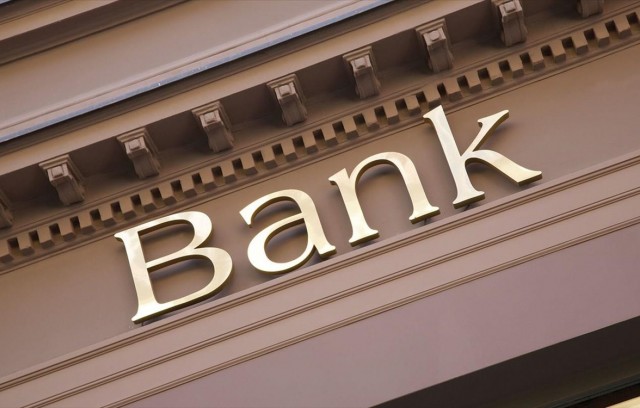In particular in 2021, economic activity in Greece recovered at a rapid pace following a deep recession of 9.0% in 2020 as a result of the COVID-19 pandemic and the related lockdown and containment measures. GDP (based on seasonally adjusted data) rose by 6.3% in the first half of 2021, exclusively on the back of a 16.2% recovery in the second quarter.
The recovery was mainly driven by higher private consumption and increased disposable income, and was also significantly underpinned by exports of goods and services, government consumption and gross fixed capital formation.
The financial system recorded a buildup in liquidity and increased credit provision in the
context of the accommodative stance of the
single monetary policy in the euro area. Persisting challenges nonetheless remain: an elevated stock of non-performing loans, the low
quality of Greek banks’ prudential own funds,
structurally low profitability and the continuously intensifying interaction between banks
and central government.
Banks’ asset quality improved further in the first half of 2021.
The reduction in non-performing loans (NPLs) continued, bringing the NPL ratio (NPLs to total loans) down to 20.3% at end-June 2021 (from 30.1% at end-December 2020) and the total NPL stock to €29.4 billion, down by 37.8% or €17.8 billion from €47.2 billion at end-December 2020.
The overall reduction in NPLs since their March 2016 peak was 73% or €78 billion.
The NPL stock reduction was mainly achieved with (i) Alpha Bank’s NPL sale through loan securitisation, accompanied by a hive-down; and (ii) Piraeus Bank’s NPL sale through loan securitisation. These transactions use the Hellenic Asset Protection Scheme (HAPS) providing Greek State guarantees to senior tranches of NPL securitisations.
This scheme was extended in the first half of 2021 for another 18 months, thus offering the possibility of additional Greek State guarantees of up to €12 billion.
However, despite the reduction in the NPL ratio, nearly 40% of NPLs and 9% of performing loans are forborne, which makes them high risk. At the same time, high-risk categories under IFRS 93 , i.e. stages 2 and 3, account for 13% and 20% of loans respectively, while loans worth €9 billion are under some sort of protection or payment facilitation in the context of pandemic-related borrower support measures (e.g. “Gefyra” programme, banks’ step-up programmes).
It is therefore clear that the impact of the COVID-19 pandemic on banks’ asset quality is not yet fully visible, which renders the swift and full recording of new NPLs on banks’ balance sheets an immediate priority for improving the resilience of the banking sector.















